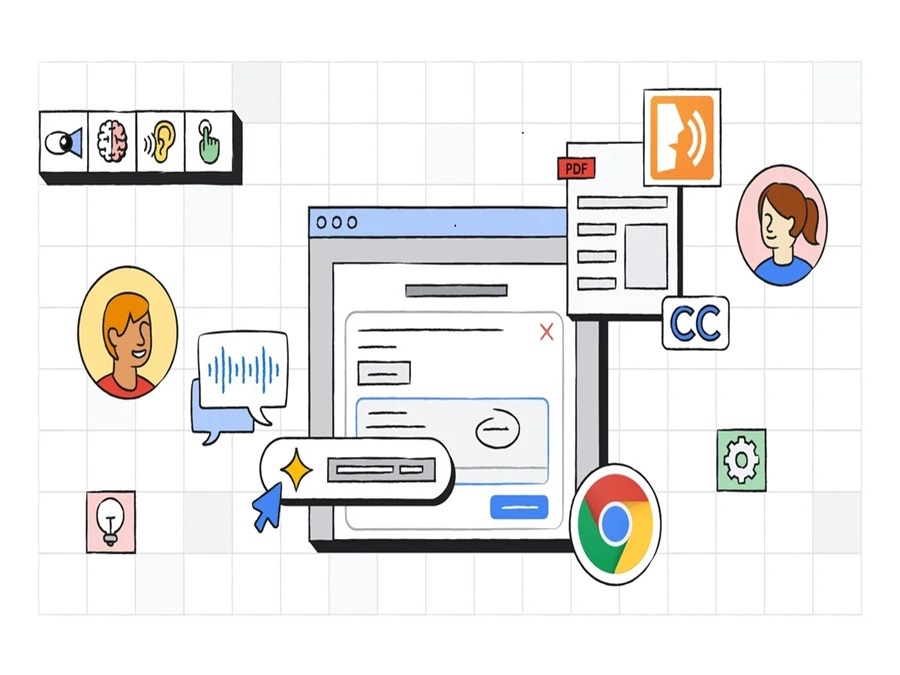Exploring the Implications of AI on the Future of Education
Classrooms in India are beginning to use generative AI technologies like Chat GPT; over sixty percent of teachers use them for novel testing and assessment procedures, interactive learning experiences, and to cut down on preparation time.
Artificial Intelligence (AI) is revolutionizing various sectors globally, and education is no exception. This emerging technology has the potential to significantly transform the way we educate, creating more opportunities for personalized and interactive learning.
AI can potentially tailor educational content to individual student’s needs. In traditional classrooms, a teacher must cater to the average level of the group, often leaving behind those who struggle and failing to challenge those who excel. AI, on the contrary, can personalize lessons and explanations to the learner’s pace and level of understanding.
This individual approach can ensure that all students are challenged at just the right level and can progress in their learning path without being left behind. Moreover, AI can automate administrative tasks, such as grading and scheduling, freeing up more time for teachers to focus on instruction and student interaction. Not only does this increase the efficiency of educators, but it also enhances the learning experience for students. With less time spent on paperwork, teachers can devote more time to engaging with students, answering their questions, and providing personalized feedback. AI tools can also provide educators with data-driven insights to improve their teaching methods and student outcomes.
- Collaborative Approach in AI Application
- Democratization and Equal Access to AI in Education
- Ethical Considerations in AI Education
- Evolving Role of Teachers in AI Education
- The Challenge and Potential of AI in Education
Generative AI tools
Due to an excessive reliance on technology, AI may have drawbacks that limit young learners’ capacity for creative thought. This is an excerpt from a survey on Gen AI use in Indian schools that Team Lease Ed Tech, a provider of employment and learning solutions, conducted: According to the survey, while generative AI tools have shown promise in enhancing student engagement and critical thinking skills, there are concerns about the potential negative impact on young learners’ creative thinking abilities.
The survey highlights the need for a balanced approach that combines AI technology with traditional teaching methods to ensure a holistic learning experience for students. Additionally, it emphasizes the importance of continuous monitoring and evaluation of AI tools to address any limitations and optimize their effectiveness in educational settings.
Generative AI Potential
64.87% of educators recognize the potential of generative AI in transforming learning experiences and personalized education. This means that a significant portion of educators believe that AI tools can enhance the way students learn and receive personalized educational content, ultimately improving their overall academic performance. By leveraging generative AI, educators can create customized learning materials and adapt them to individual student needs, catering to their unique strengths and weaknesses. This not only fosters a more engaging and interactive learning environment but also empowers students to take ownership of their education and develop critical thinking skills.
Current AI usage
61.60% of educators are already using AI tools for various purposes in education. These tools are being utilized for teaching, preparation, and student engagement. In addition, AI tools are also being used for grading and assessment, saving educators valuable time and providing more timely feedback to students. Furthermore, AI can analyze large amounts of data to identify patterns and trends in student performance, allowing educators to make data-driven decisions and interventions to support struggling students.
Preparing for an AI-Dominated Future
63.61% of educators believe that AI is crucial in preparing students for a future where AI plays a dominant role. This highlights the importance of integrating AI education into the curriculum. By integrating AI education into the curriculum, students can develop the necessary skills and knowledge to thrive in an AI-dominated future. This includes understanding how AI works, its ethical implications, and how to leverage AI tools effectively in various fields. With AI education, students will be better equipped to adapt to the changing job market and contribute meaningfully to society.
Concerns
10% of educators express concerns about AI tools: They worry that these tools might diminish human interaction and critical thinking. The accuracy of AI-generated information is also a concern for this group. Additionally, some educators are concerned that AI tools may perpetuate biases and inequalities if they are not properly regulated and monitored. 70.85% advocate a stronger influence, more profound than the smartphone revolution.
Worries
They believe that AI has the potential to revolutionize various industries, including healthcare, transportation, and finance. Additionally, they argue that AI can enhance productivity and efficiency, leading to economic growth and improved quality of life. 87.85% agree that the development and application of AI technologies should be monitored and regulated by the government. This indicates widespread support for governmental oversight of AI to address potential risks and ethical concerns. Many proponents of AI regulation argue that without proper oversight, there is a risk of misuse and abuse of AI technologies, such as invasion of privacy or discriminatory algorithms.
Guidelines and standards are needed for responsible and ethical AI development and deployment.
Over half of educators (54.92%) support AI training for teachers, recognizing its benefits and the importance of addressing potential risks. AI has reduced class preparation time for 61% of educators, indicating improved efficiency. Over a third report increased efficiency due to AI, which also enhances personalized learning and improves academic performance.
The majority of educators support governmental oversight of AI to prevent misuse and ethical concerns. Over half believe in AI training for teachers, indicating a recognition of the benefits of AI in education but also the need for ethical guidelines. AI has also been found to reduce class preparation time and improve personalized learning experiences, with 35.61% reporting increased efficiency in resource generation and lesson planning. Therefore, ensuring the responsible and ethical use of AI in education is crucial.
Source

